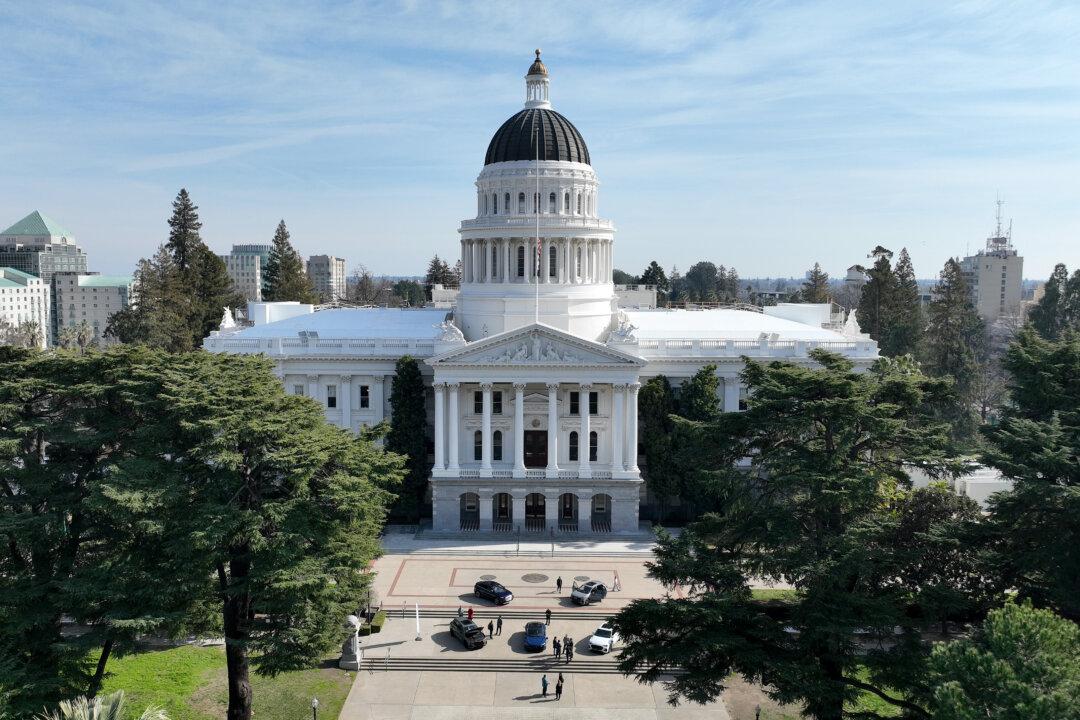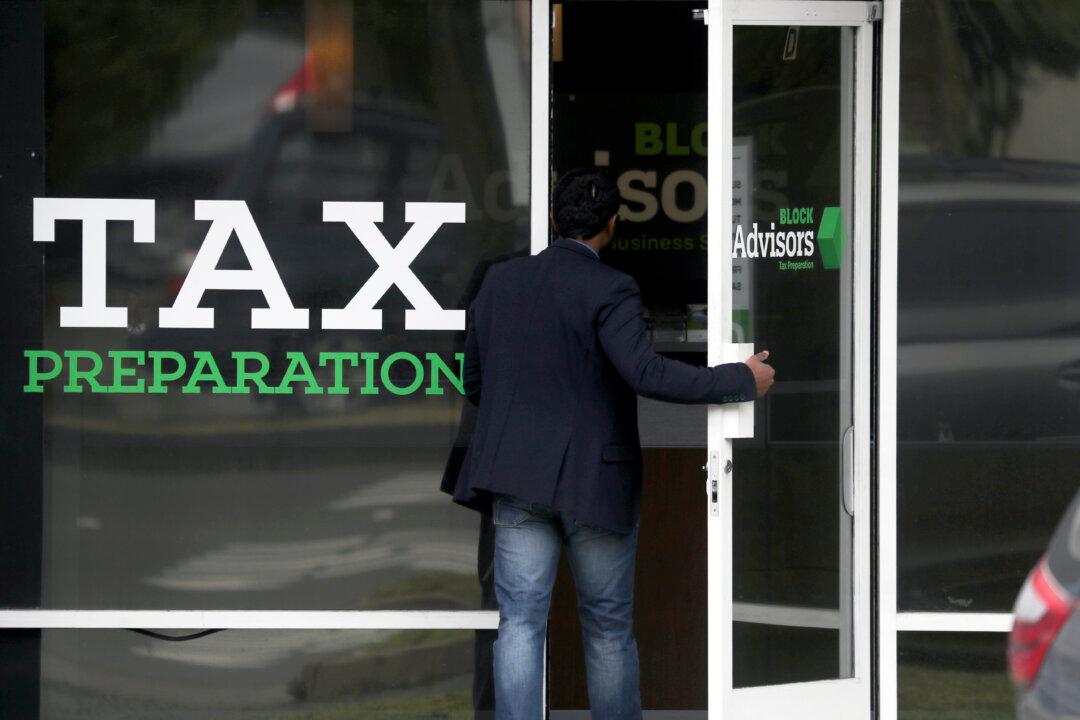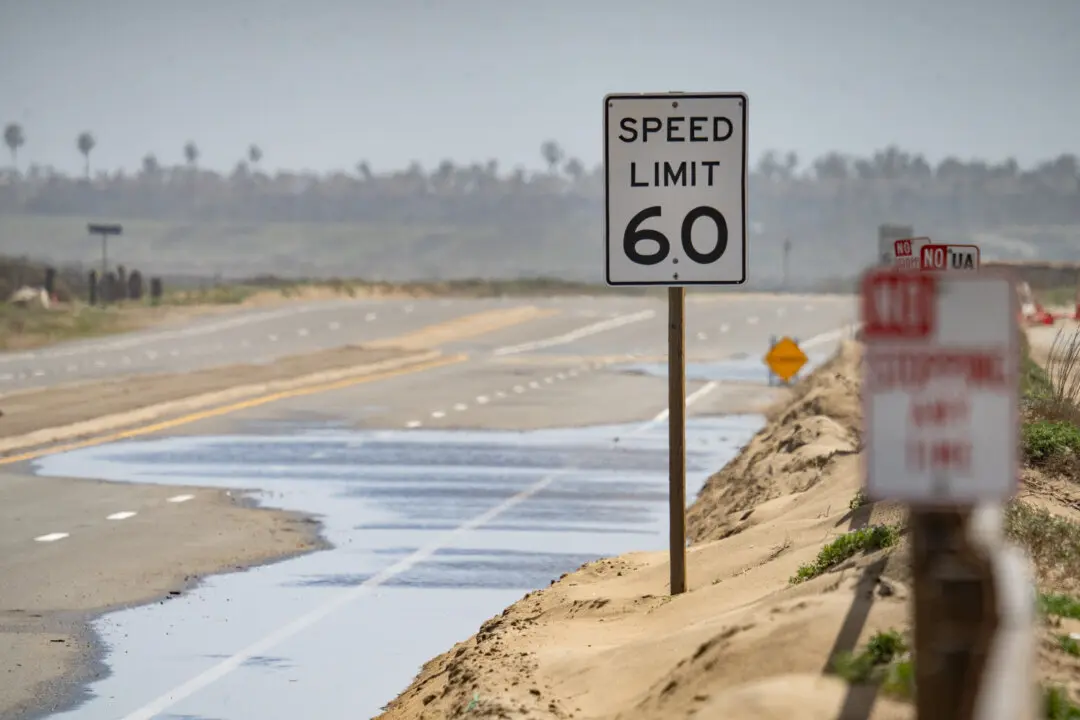California state lawmakers recently voted down legislation that would have repealed the state’s sanctuary law that shields illegal immigrants from federal immigration authorities.
The Assembly Public Safety Committee voted down Assembly Bill 1708 on April 19 in a 2–3 vote, with Assemblymembers Tom Lackey and Kelly Seyarto, both Republicans, voting in support.





